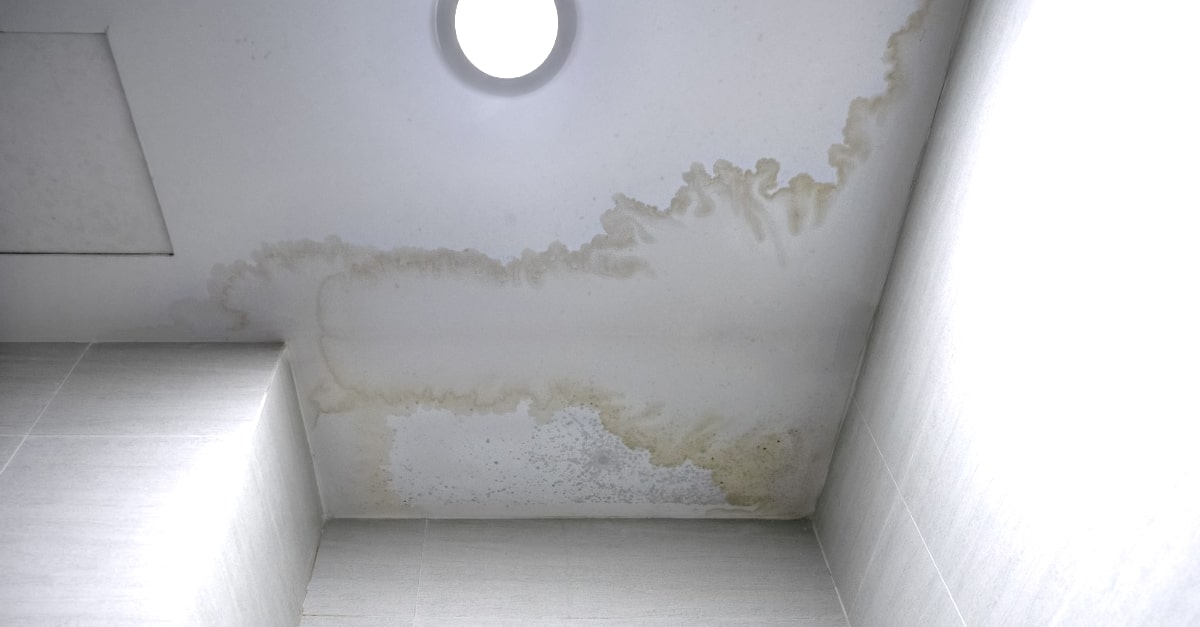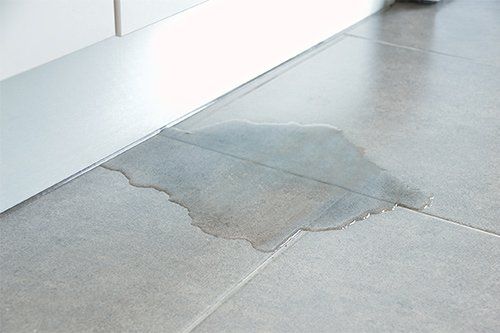Exploring the Primary Causes for Drips in Your Home
Exploring the Primary Causes for Drips in Your Home
Blog Article
Were you trying to locate content on How to detect water leaks in your home?

Leakages not only cause waste of water but can additionally create unneeded damages to your residence as well as promote unwanted organic development. Unfortunately, water leakages may go unnoticed because a lot of the pipework in our residence is hidden. By looking as well as comprehending for everyday circumstances that trigger leakages, you can protect your house from future leakages and unnecessary damages. Today, we will consider 6 leak causes that may be creating your pipelines to drip.
Trespassing roots
A lot of water leakages start outside your house as opposed to inside it. If you discover a sudden reduction in water pressure, say in your tap, require time to head out and also examine your yard. You may discover damp spots or sinkholes in your yard, and that may imply that tree roots are invading water lines creating water to permeate out. You can have your plumber check for intrusion, especially if you have trees or hedges near your property.
Corroded water supply
This may be the cause of discoloration or warping on your water pipes. If our plumbing system is old, think about changing the pipelines given that they are at a higher risk of deterioration than the newer versions.
Defective Pipe Joints
The point at which your pipelines attach is regularly the weakest link in the waterline. Pipeline joints can weaken over time, leading to water leaks. However, most of pipe joints are not easily noticeable. If you have noisy pipelines that make ticking or banging noises, particularly when the hot water is turned on, your pipeline joints are probably under a great deal of pressure. It is a good idea to have your plumber check your system annually.
Instantaneous temperature adjustments.
Extreme temperature level changes in our pipes can cause them to expand and also get suddenly. This expansion as well as contraction may cause cracks in the pipes, specifically if the temperature level are listed below freezing.
Poor Water Connectors
At times, a leak can be brought on by loose hoses as well as pipelines that provide your home appliances. Generally, shifting is what triggers the loosened water Connections. You may discover when it comes to a washing device, a hose may spring a leakage as a result of drinking during the spin cycle. In case of a water connections leakage, you might discover water running straight from the supply line or pools around your appliances.
Obstructed Drains
Clogged drains pipes may be annoying and inconveniencing, however they can often end up causing an overflow resulting in rupture pipes. Keep removing any kind of products that may drop your drains that can block them to stay clear of such hassles.
All the above are sources of leakages however not all water leakages arise from plumbing leakages; some leaks might come from roofing system leaks. All leakages should be fixed quickly to prevent water damage.
Leakages not just create waste of water yet can also cause unneeded damages to your home and advertise unwanted natural development. By looking and comprehending for day-to-day situations that cause leakages, you can shield your residence from future leakages and also unneeded damages. Today, we will certainly look at six leakage creates that might be triggering your pipelines to leak.
At times, a leak can be triggered by loose hose pipes and pipelines that provide your devices. In instance of a water connections leakage, you might notice water running straight from the supply line or puddles around your appliances.
Tell-Tale Signs of a Water Leak
The Sound of Running Water
If you’re hearing water running, your first step should be to check your faucets, toilet valves, and outdoor spigots. If everything if status quo, take an exact reading of your water meter and don’t use the water for a few hours. Then, take another meter reading. If there has been no change, that means water is not running (and maybe it’s time to have your hearing checked!). If the reading has changed, however, this indicates that water is indeed flowing and you most likely have a leak.
Wet or Damp Floors
You’re walking across your carpet and suddenly squish—your sock is soaked! The dog doesn’t look guilty and your child swears they didn’t spill anything. That means you’re likely looking at sewer leakage. Now, it’s easy to just soak it up with a towel and call it a day; however, this won’t stop the leak. Ignoring the problem allows moisture to build up, ultimately causing mold or mildew. Not only is this smelly, it can be very toxic and harmful to children, the elderly, pets, and those with weak immune systems. Don’t risk the health of your home and your family—call in a professional to take care of the problem.
Foul Odors
If there’s an unpleasant smell in your home and you can’t locate the source, don’t just light a candle or spray some Febreze. Funky smells are often due to mold and mildew, which spread fast under ideal conditions (optimal temperature and level of humidity). Growth begins within about 24-48 hours, and spores start to colonize in 3-12 days, becoming visible to the eye within about 18 days. If you think the odor is leak-related, get a plumber out as soon as possible to mitigate damage from rapid fungi growth (and rid your home of the foul odor).
Overgrowth in the Lawn
Unless you didn’t fertilize your lawn evenly, a lush patch of grass in a select area of your lawn, or concentrated wet spots, indicate pipe leakage which is acting as a fertilizer. Left untreated, hazardous bacteria in the underground waste will quickly turn into a messy situation, going from lush growth to lawn destruction.
Wall Cracks
Over time, even the littlest of leaks can cause cracks in the foundation of your home and compromise the entire structure. How does it happen? The leak continues hammering away at the same spot in the ground beneath your home, eventually causing it to shift slightly. Now, you’d never feel this shift, but your walls will. This can be a very dangerous situation, so if you’re seeing vertical or diagonal cracking in your walls it’s best to call a plumber right away.
https://www.expresssewer.com/blog/6-telltale-signs-of-a-water-leak-in-your-home

I was made aware of that editorial about How to Find Water Leaks from a good friend on a different web blog. Sharing is nice. Who knows, you may very well be doing someone a favor. We treasure reading our article about How to detect water leaks in your home.
Immediate care? Call! Report this page